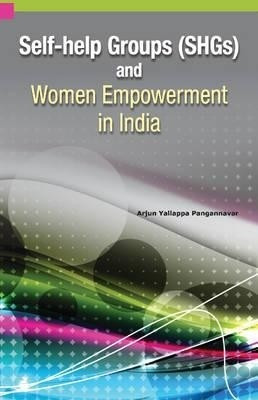Self-Help Groups (SHGs) & Women Empowerment in India(English, Hardcover, Pangannavar Arjun Y)
Quick Overview
Product Price Comparison
According to Census 2011, population of India increased from 103 crore in 2001 to 121 crore in 2011, an increase of 18 crore or 17.6 percent. Out of 121 crore, 62.4 crore (51.6 percent) were males and 58.6 crore (48.4) were females. Women play a critical role in the family which is the basic unit of a society. Family is a strong force for social cohesion and integration and as such should be strengthened. The inadequate support to women and insufficient protection to their respective families affect society as a whole and undermines efforts to achieve gender equality. In different cultural, political and social systems, various forms of family exist and the rights, capabilities and responsibilities of family members must be respected. The emergence and rapid multiplication of Self-help Groups (SHGs) based on micro credit is a phenomenon that is gaining increasing importance in the development scenario. SHGs are being viewed by governments and NGOs as a strategy for both womens empowerment as well as poverty reduction. SHGs are a conduit for routing a wide range of government-sponsored development messages and schemes. NGOs have increasingly been adopting SHGs as a strategy to bring women together, at a faster pace and larger scale than the collective building processes adopted by them earlier. This book explains and examines the role of SHGs in the socio-economic empowerment of poor rural women in India.


